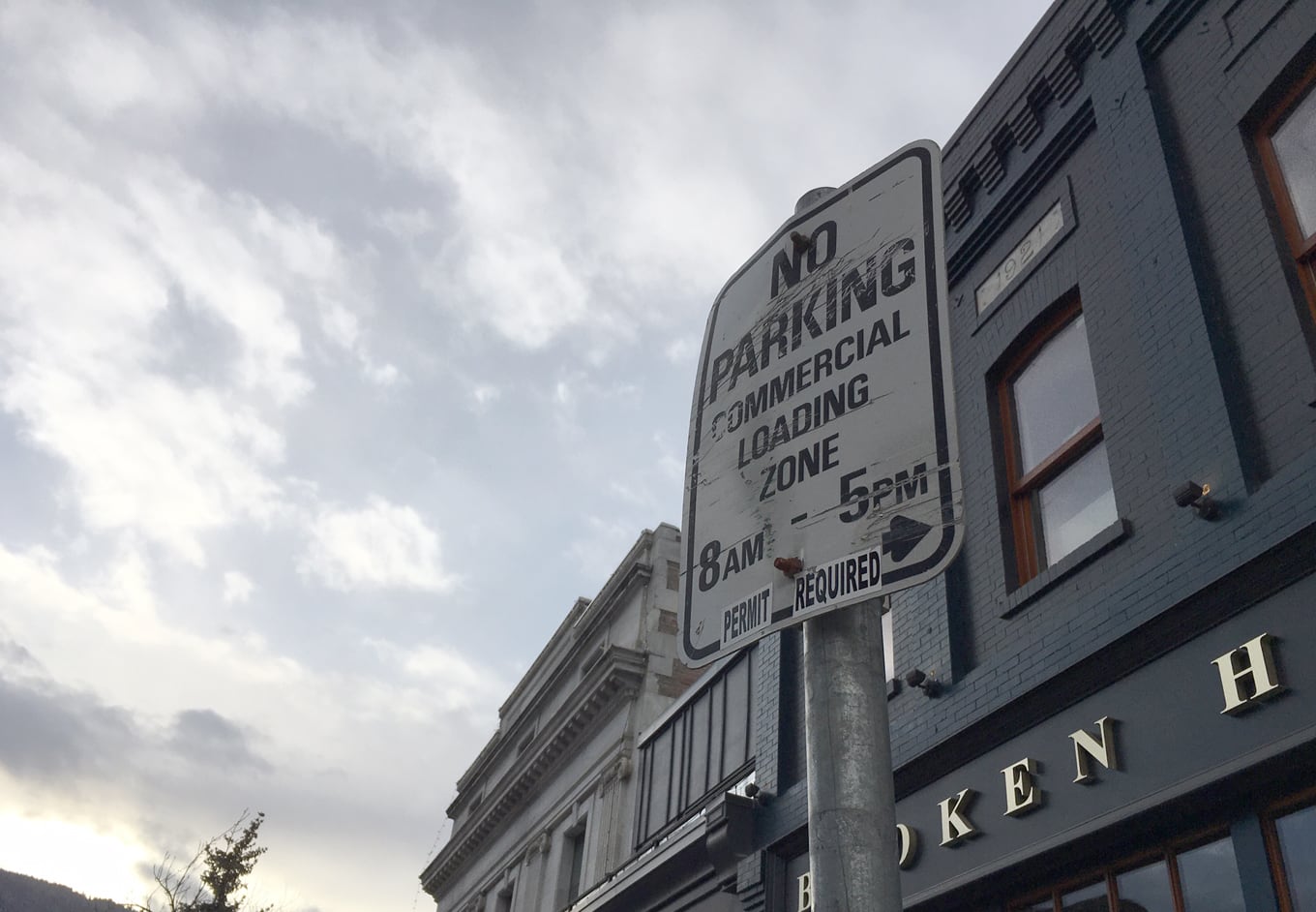New legislation aimed at quelling storm of drainage from storm runoff
The calm after the storm has been achieved as new storm drainage system legislation should quell a storm of controversy and prevent it from spilling over into neighbouring properties.
A new amendment to the Storm Drainage System Amendment Bylaw will allow property owners to create an alternate method for disposal of storm drainage rather than connect to the city’s storm drainage system.
The previous bylaw contained some ambiguity with regard to the circumstances under which property owners may choose not to connect to the city’s storm drainage system, and instead pursue an alternate method for disposal of storm drainage.
“Accordingly, the proposed bylaw amendment resolves this ambiguity by clarifying that all property owners must connect to the city’s storm drainage system unless they use an alternate method that has been both peer-reviewed at their expense and subsequently approved by the city,” said city deputy corporate officer Gabriel Bouvet-Boisclair in his report to council.
As well, the amendment clearly states enforcement options where a property owner fails to connect to the city’s storm drainage system or implement an approved alternate method for disposal of storm drainage, he added.
The real problem with storm drainage that happened was when property owners were not connected to the city’s storm drainage system — and did not have an effective method in place to dispose of storm water. This meant neighbouring properties were at risk of flooding and water damage.
“It is important that the Storm Drainage System Regulatory Bylaw clearly require connection to the city’s storm drainage system, or that an approved effective alternate method be in place,” said Bouvet-Boisclair.
City shoulders the provincial load on commercial vehicle licensing
The licensing of commercial vehicles operating in Nelson has shifted gears.
After the provincial organization Union of B.C. Municipalities (UBCM) stepped aside from the commercial vehicle licensing (CVL) program at the end of 2019, city administration has stepped forward to fill that gap locally.
But an amendment to the Fees and Charges Amendment Bylaw will establish the city’s own Commercial Vehicle Loading Zone Permit program.
The CVL program was established to provide a source of revenue for participating municipalities to offset the expenses related to the use of local roads and highways as a result of commercial vehicle traffic, said city deputy corporate officer Gabriel Bouvet-Boisclair in his report to council.
UBCM had administered the program since 1987 through an agreement with the provincial government, he explained, and monetary returns to participating CVL members have remained static over the past 20 years.
Last year the UBCM made the decision to step aside and abandon the project, determining that the initiative no longer met its original intent and determined that 2019 would be the last for the program.
“City staff from the Finance, Corporate Services and Bylaw Enforcement departments met in December to better understand the consequences of not having a commercial vehicle decal program, and determined that the best course of action would be to continue having commercial vehicle decals and implement a City of Nelson program,” said Bouvet-Boisclair.
The program was of benefit to the City of Nelson Bylaw department by providing bylaw officers with a visual indication that vehicles parked in commercial loading zones were commercial vehicles, said Bouvet-Boisclair.
The cost of the decal will remain $25, unchanged for 2020.


























